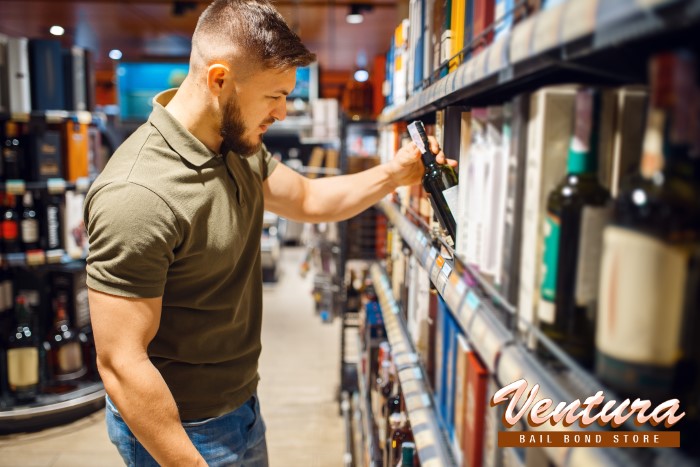Business owners aren’t allowed to sell alcohol whenever they want. California lawmakers sat down and decided that between the hours of 2 am and 6 am there won’t be any alcohol sales in the state. Business owners who decide to sell liquor during those times face serious consequences if they’re caught.
When you read through Business and Professions Code 25631 BPC you’ll discover that selling alcohol during the four hours that sales are prohibited is a crime. Most California business owners understand this and are diligent about following the rules. The problem is that while the business owners are good about the law, many of their employees are either unaware of the law or don’t understand how serious the potential consequences are.
If someone sells alcohol during the prohibited hours they will be charged with a misdemeanor. In addition to acquiring a criminal record, they could also be sentenced to six months in jail and charge up to $1,000 in fines. It’s also likely that the business owner will also face some stiff fines and have their liquor license investigated.
It’s up to the business owner to make sure that all of their employees understand exactly how bad the consequences of selling alcohol between 2 am and 6 am really are. The managers of gas stations, convenience stores, and grocery stores who sell alcohol and are open during this period of time must make sure that their employees understand that the police periodically launch sting operations to see if establishments are breaking the law.
In addition to making sure that all employees are properly trained as to the times that they can and can’t sell alcohol, consider posting the hours near the cash register and explore the possibility of installing a system that blocks the till from accepting any alcohol sale that occurs during the prohibited time.
It’s important to note that the law applies to both on-site premises where the customer orders a drink and consumes it on the property, and off-site premises where the customer purchases alcohol to take home.
